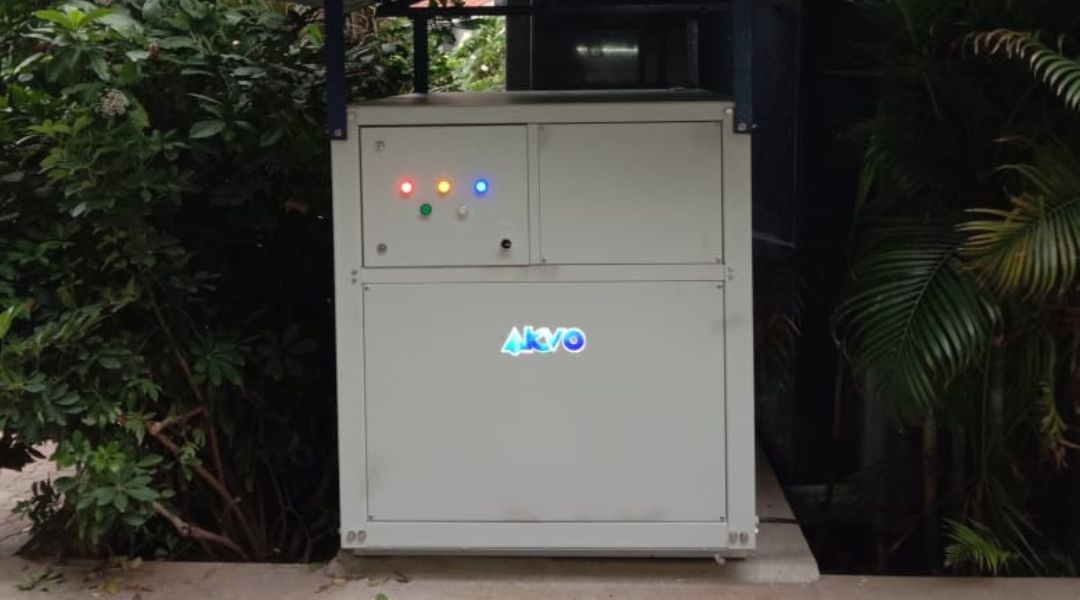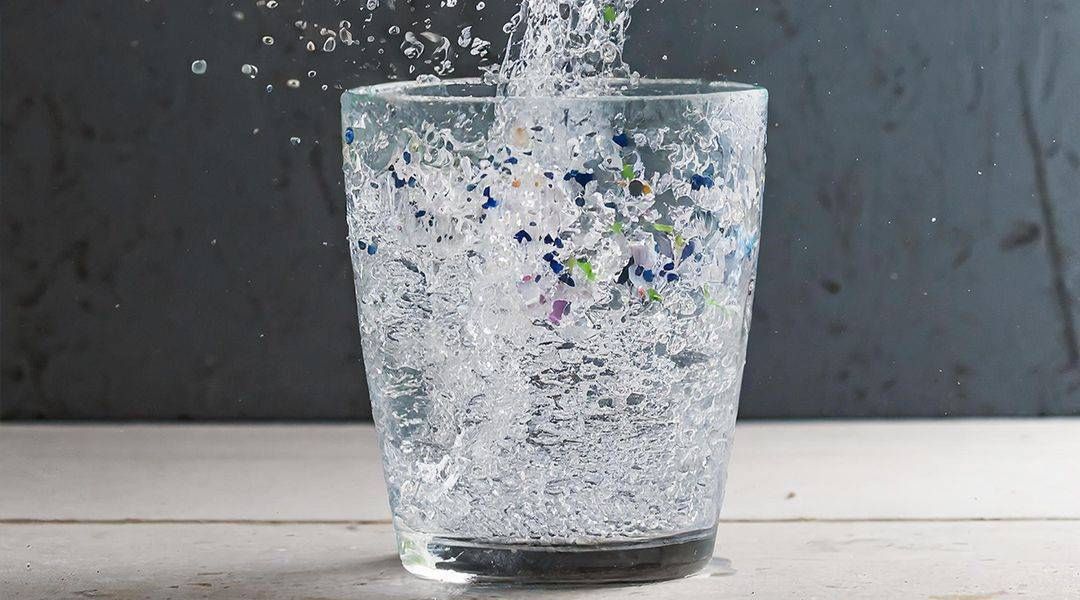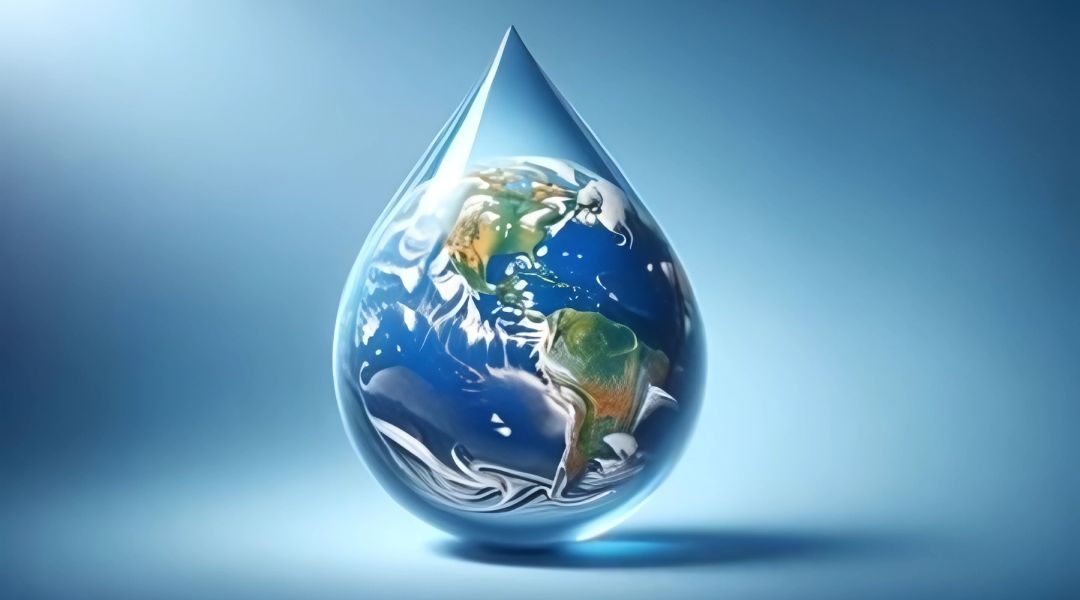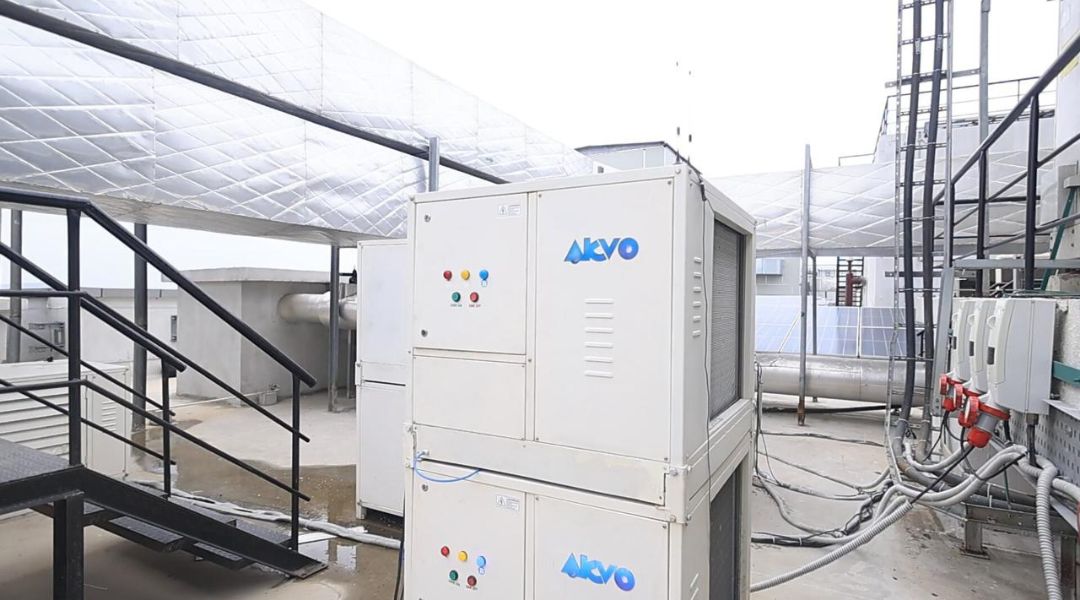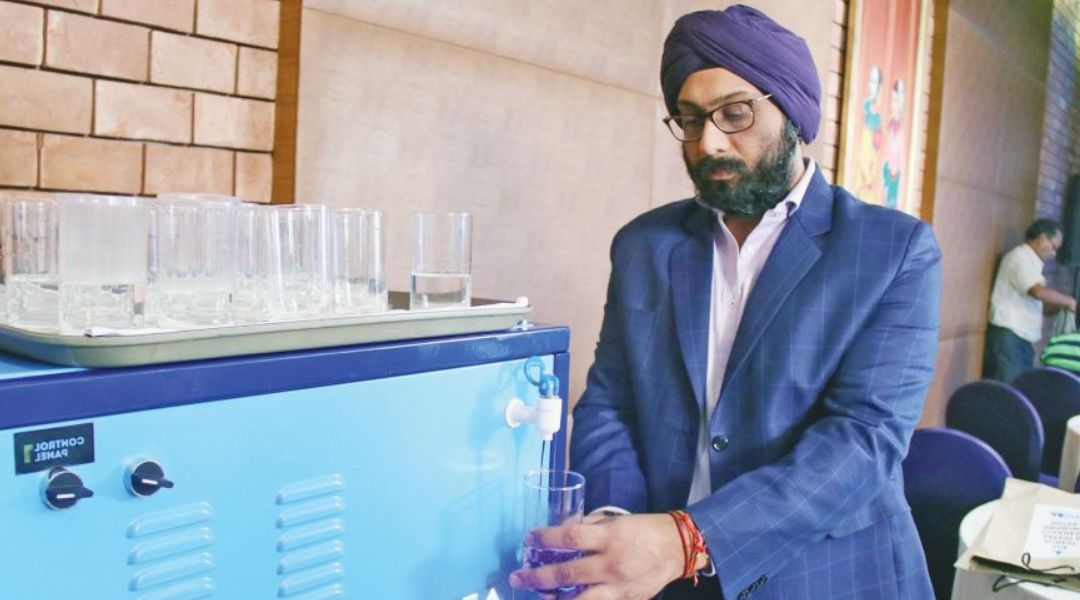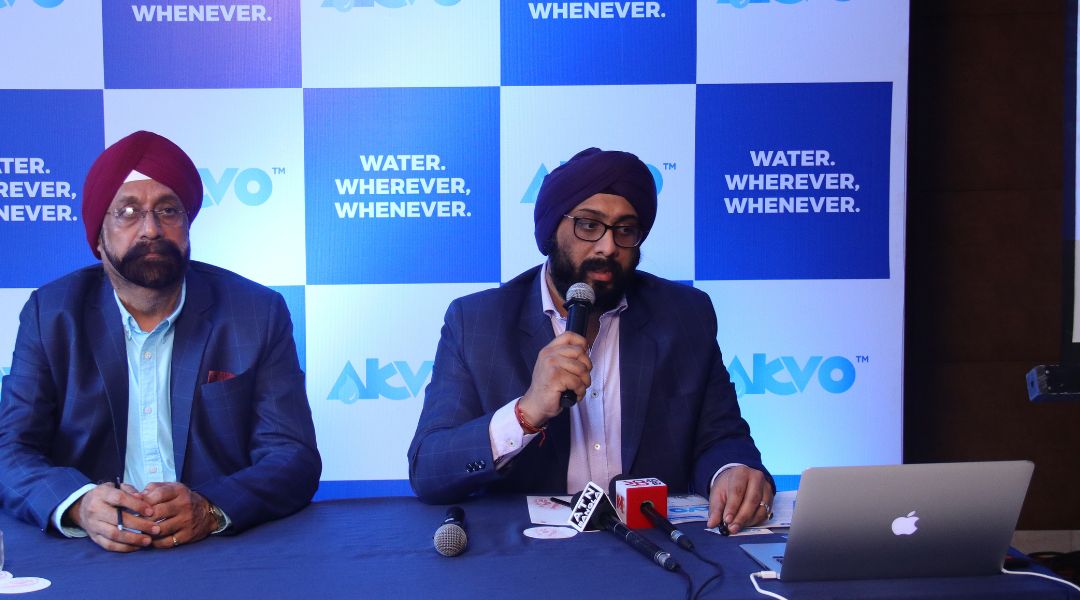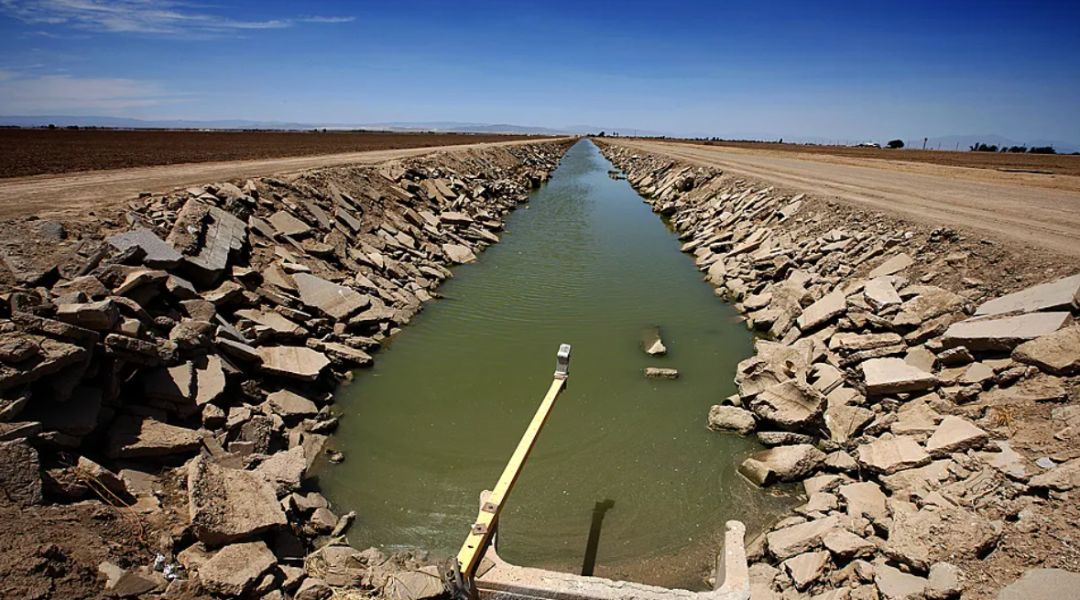Water scarcity is a pressing issue affecting billions globally, posing significant challenges to health and economies. In response to this critical challenge, Akvo has developed and implemented Atmospheric Water Generation (AWG) technology. This innovative approach extracts moisture from the air, providing a sustainable and scalable source of clean, potable water.
Key Features of Akvo’s Technology
Akvo’s AWG systems are characterized by their high efficiency in water production, achieved through minimal energy consumption. This makes them suitable for various climates and scalable from portable units for households to large-scale installations for industrial use. Additionally, AWG technology prioritizes environmental sustainability by utilizing renewable energy options and minimizing its ecological footprint.
Benefits for Companies
The adoption of AWG technology offers substantial benefits for businesses. Firstly, it allows companies to reduce their water footprint significantly, reducing pressure on local water supplies.
Secondly, AWG systems prove cost-effective over time by reducing expenses related to water procurement and treatment. Finally, embracing innovative water solutions enhances corporate sustainability profiles, appealing to eco-conscious consumers and investors alike.
Implementation Steps for Companies
Implementing AWG technology involves several structured steps:
- Assessment: Evaluate atmospheric conditions to optimize system placement.
- Installation: Integrate AWG infrastructure with existing facilities.
- Training and Maintenance: Educate staff on system management and ensure regular maintenance for optimal performance.
Measuring Impact
The impact of AWG systems can be quantified through various metrics. These include measuring daily water generation, evaluating energy consumption per liter of water produced, calculating reductions in water-related expenses over time and documenting the decrease in local water usage and carbon emissions.
Case Studies
In Bangalore, a large corporate entity has successfully integrated Akvo’s AWG technology into their operations. Under an operational expenditure (OPEX) model, the corporation generates 5,000 liters of water daily. This approach emphasizes both cost-effectiveness and sustainability, reducing reliance on bottled water and lowering the company’s overall carbon footprint.
Meanwhile, in Chennai, a very large corporate enterprise has adopted AWG technology on a capital expenditure (CAPEX) basis. This strategic move enables the production of an impressive 30,000 liters of water daily from the air. By shifting away from bottled water consumption, the company significantly reduces environmental impacts associated with plastic waste and transportation emissions, while achieving substantial cost savings.
Conclusion
In conclusion, as global water challenges intensify, innovative solutions such as Akvo’s AWG technology play a crucial role in addressing the water crisis. By adopting these technologies, businesses not only secure their water supply but also contribute to environmental conservation efforts on a global scale. AWG technology exemplifies a pathway towards a more sustainable future where access to clean water is ensured for all.
Full article link: Harnessing the Sky: How Atmospheric Water Generation Can Combat Global Water Scarcity

